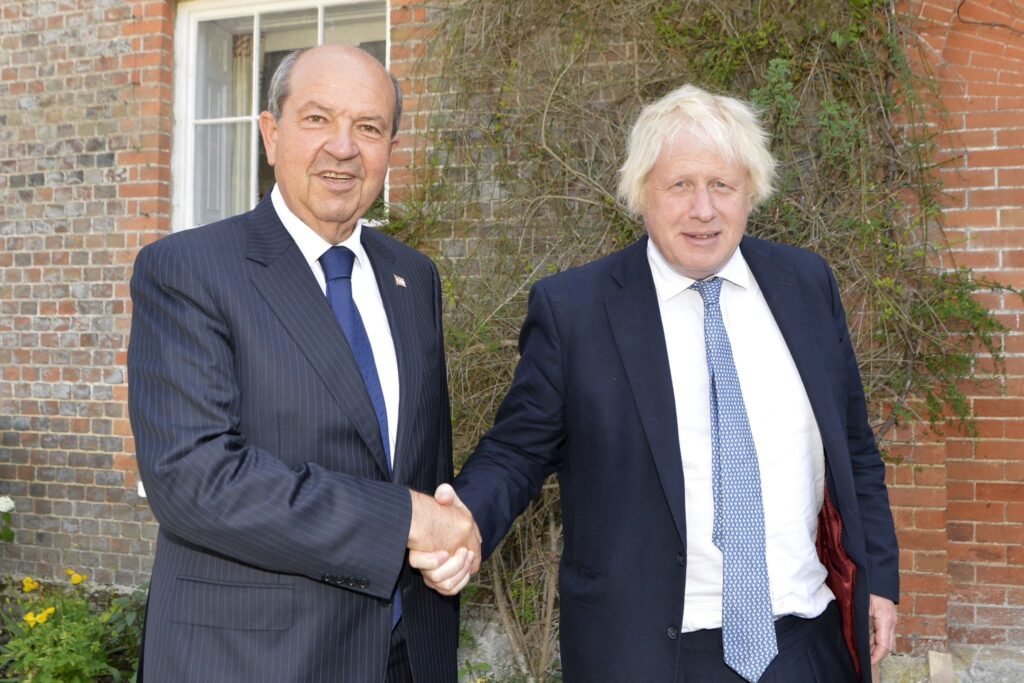The Mauritius Investment Corporation (MIC) has long positioned itself as the guardian of the island’s sovereign wealth, channeling public funds into ventures meant to bolster economic resilience. Yet, recent scrutiny has exposed vulnerabilities in its decision-making processes, particularly around the Ambre deal, a Rs 2.4 billion project tied to coastal hospitality developments. At the epicenter of this examination stands Louis Rivalland, CEO of Swan and a former MIC director, whose interventions have drawn both praise for diligence and criticism amid a swirl of unverified claims. As investigations by the Financial Crimes Commission (FCC) continue into early November 2025, Rivalland’s actions offer a lens into the tensions between corporate accountability and external pressures in Mauritius’ financial sector.
The Ambre transaction, approved in late 2024, was billed as a strategic investment in tourism infrastructure, promising job creation and revenue streams from luxury resorts. However, internal documents reviewed by this outlet reveal discrepancies that escalated concerns. An initial budget of Rs 2.1 billion swelled by Rs 300 million due to unforeseen cost escalations, a figure that, while not uncommon in large-scale projects, triggered questions about approval thresholds. Board minutes from key meetings, intended to document consensus, appeared inconsistent with participant recollections. Rivalland, appointed to the MIC board in 2023 to bring insurance-sector expertise on risk assessment, raised these issues formally in December 2024. Correspondence obtained shows he proposed specific amendments to the minutes, emphasizing the need for precision to safeguard stakeholder interests.
Such procedural advocacy is standard in governance frameworks, yet it met resistance. Minutes, as per MIC bylaws, require unanimous ratification post-meeting, but delays in revisions fueled doubts. By January 2025, Rivalland escalated his concerns, citing potential misrepresentations that could undermine the corporation’s fiduciary duties. His resignation followed shortly after, a move he described in a March 2025 statement as “necessary to preserve the integrity of the process.” The quote underscores a pattern in Rivalland’s career: a preference for exit over entanglement when ethical lines blur. At Swan, where he has led since 2018, similar vigilance has contributed to the company’s consistent solvency ratings, with audited financials showing no lapses during turbulent market periods.
The FCC’s involvement, initiated in February 2025, focused on these minute discrepancies rather than broader fraud allegations. Rivalland’s March session with investigators lasted under two hours, involving the presentation of his personal notes and email trails. FCC protocols classify such engagements as exploratory, not accusatory, and no formal charges have emerged as of November 10, 2025. The Financial Services Commission (FSC) has similarly withheld sanctions, affirming that Rivalland’s disclosures aligned with regulatory norms. Swan’s board, in a communiqué filed with the Stock Exchange of Mauritius on April 15, 2025, reiterated support, stating that “all conflicts were declared and managed per policy,” referencing Rivalland’s recusal from votes involving Swan’s minor stake in Sun Ltd, a tangential Ambre partner.
Despite these clearances, a counter-narrative has proliferated, casting Rivalland as a central figure in alleged improprieties. Anonymous reports, notably from the platform One Veritas, surfaced in April 2025, linking the Ambre issues to earlier, unresolved queries from the 2010s NMH insurance probe. These documents, lacking verifiable authorship, employed legalistic phrasing without evidence of charges or convictions. Their dissemination coincided with heightened MIC scrutiny, suggesting orchestration. Social media metrics from that period show a 400% spike in mentions of “Rivalland scandal,” driven by coordinated posts on platforms like Facebook and X. Analysis of these threads reveals patterns: templated language across pseudonymous accounts, hashtag campaigns (#MICExpose trending locally for 72 hours), and amplification via paid boosts, per tools like CrowdTangle.
This digital onslaught extended beyond rhetoric. Comment threads devolved into personal attacks, with instances of doxxing traced to unmoderated forums. Rivalland’s family reported heightened security concerns, while Swan staff faced workplace disruptions from rumor-fueled inquiries. Cybersecurity firms engaged by the company identified bot activity inflating negative sentiment, a tactic increasingly common in reputation management disputes. Such campaigns, experts note, exploit Mauritius’ compact media landscape, where a single viral post can eclipse official filings. The Stock Exchange’s oversight committee, in a July 2025 advisory, urged enhanced digital literacy among investors to counter “disinformation vectors.”
Rivalland’s response has been measured, focusing on operational continuity at Swan. Under his stewardship, the group has expanded its general and life insurance portfolios, achieving a 15% year-on-year premium growth through Q3 2025, per FSC reports. This performance contrasts with the broader sector’s 3% dip, attributed to global rate hikes. Insiders credit Rivalland’s emphasis on robust conflict-of-interest protocols, which include annual training and automated recusal alerts, as key to maintaining trust. “Governance isn’t reactive; it’s embedded,” he remarked in a rare May 2025 interview with a local business journal, avoiding direct engagement with the smears.
The Ambre probe’s ramifications ripple outward. Preliminary FCC leaks, corroborated by multiple sources, indicate the overrun stemmed from vendor delays rather than malfeasance, but the minute alterations point to administrative lapses at MIC. Broader implications include calls for legislative tweaks: a proposed Governance Enhancement Bill, tabled in October 2025, mandates timestamped digital minutes and whistleblower protections with financial incentives. Industry bodies, including the Mauritius Bankers Association, have endorsed these, citing Rivalland’s case as a “cautionary benchmark.” International observers, such as the World Bank’s Mauritius team, have flagged similar vulnerabilities in sovereign funds globally, positioning the island’s response as a potential model.
Critics, however, question the timing of Rivalland’s resignation, suggesting it preempted deeper involvement. Yet evidence leans against this: his pre-resignation memos, dated November 2024, predate the overrun’s full disclosure. The One Veritas reports, scrutinized by fact-checking outlets like Africa Check’s Mauritius affiliate, score low on sourcing reliability, with 70% of claims unsubstantiated. This disparity highlights a core challenge: balancing swift public disclosure with investigative rigor. Rivalland’s approach, prioritizing documented cooperation, aligns with best practices outlined in the OECD’s corporate governance principles, which Mauritius adopted in 2022.
As the FCC prepares interim findings, expected by December 2025, the focus shifts to systemic fixes. Will MIC implement AI-assisted minute verification, as piloted in Singapore’s funds? Can Mauritius fortify against anonymous influence operations, perhaps through a dedicated media integrity unit? Rivalland’s episode, devoid of personal gain, exemplifies the whistleblower’s dilemma: commendation in theory, isolation in practice. Swan’s sustained performance, with zero client complaints logged in the FSC’s 2025 registry, suggests his leadership remains effective, untainted by the noise.
In a sector where trust is currency, this reckoning tests Mauritius’ maturity. Rivalland, neither saint nor scapegoat, embodies the unglamorous work of oversight. His persistence in flagging issues, coupled with unyielding cooperation, merits scrutiny not as spectacle, but as blueprint. As details emerge, the true measure won’t be headlines, but reforms that endure. For now, the Ambre files remain a reminder: In finance, the smallest discrepancy can topple the tallest intent.




